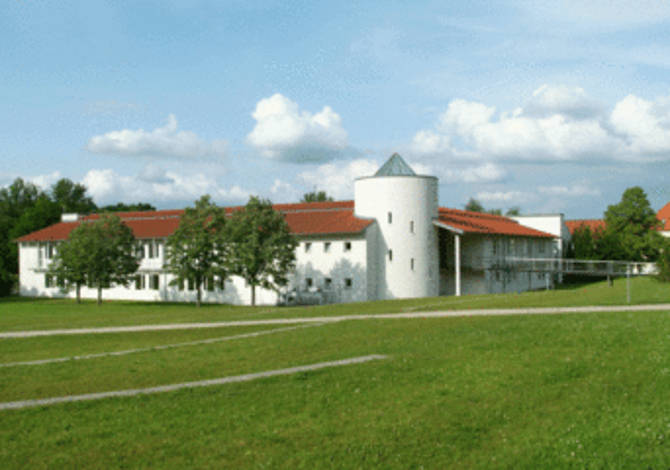
The Technical University of Munich (TUM)
Munich, Germany.
About
The Technical University of Munich (TUM) combines top-class facilities for cutting-edge research with unique learning opportunities for students. It is committed to finding solutions to the major challenges facing society as we move forward: Health & Nutrition • Energy & Natural Resources • Environment & Climate • Information & Communications • Mobility & Infrastructure. The university thinks and acts with an entrepreneurial spirit. Its aim: to create lasting value for society. All this combines to make it one of Europe’s leading universities.
The Technical University of Munich has concentrated its expertise in life sciences in the TUM School of Life Sciences at the modern Weihenstephan campus in Freising. From molecules to plants and animals to ecosystems and landscapes, Molecular Life Sciences, Life Science Systems, and Life Science Engineering are explored and taught under the motto “One Health”.
The Research Department of Molecular Life Sciences (MLS) at the TUM School of Life Sciences is devoted to fundamental biomolecular research. The research is conducted at different levels – from molecules, including the genetic substance, to cells and organisms. In this manner, all biological systems are addressed: microorganisms, plants, and animals, including humans. The Department of Molecular Life Sciences (MLS) therefore covers, among others, the areas of genetics, protein science, microbiology, biotechnology of plants and animals, as well as nutritional science and human biology.
At the MLS, the chair of Proteomics and Bioanalytics, led by Prof. Dr. Bernhard Küster, comprises an international research team focusing on proteomics and chemical biology. Most of its research builds on the powerful combination of cell biology, chemistry, biochemistry, mass spectrometry, and bioinformatics.
Pictures

